Future Exploration
Exploring Different Eras and Future Exploration
Introduction
Exploring different eras and contemplating future exploration has always been a fascinating aspect of human curiosity. From ancient civilizations to modern technological advancements, the quest for discovery and understanding continues to shape our world.
Ancient Era
In the ancient era, civilizations such as the Egyptians, Greeks, and Romans made significant strides in exploration. They navigated the seas, built structures that stood the test of time, and laid the foundation for future explorations.
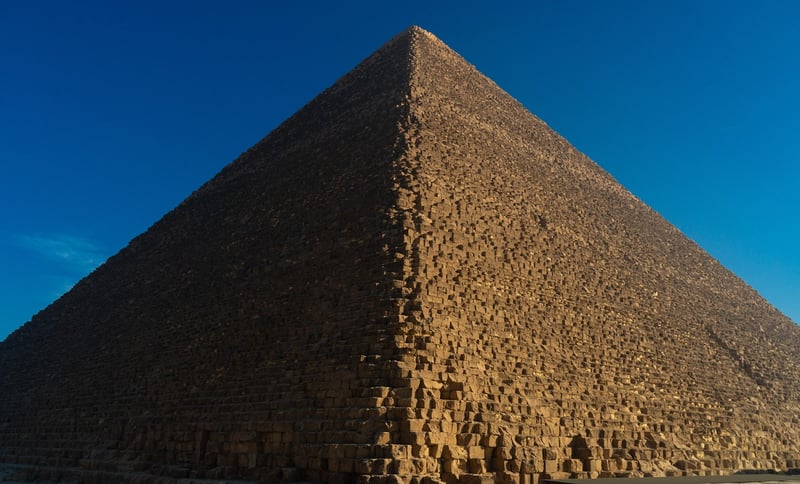
Medieval Era
The medieval era saw explorers like Marco Polo and Ibn Battuta embark on epic journeys, expanding knowledge of distant lands and cultures. Their accounts provided valuable insights into the world beyond their known horizons.
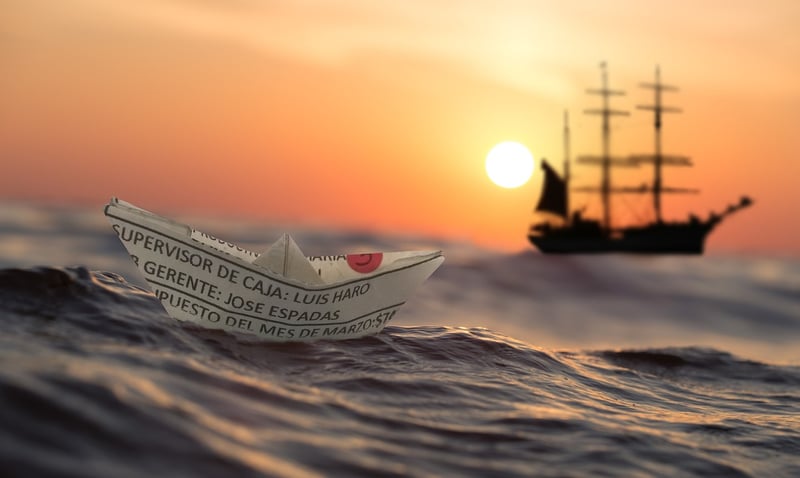
Age of Discovery
The Age of Discovery ushered in a new era of exploration with figures like Christopher Columbus and Vasco da Gama navigating uncharted waters, connecting continents, and reshaping global trade routes.
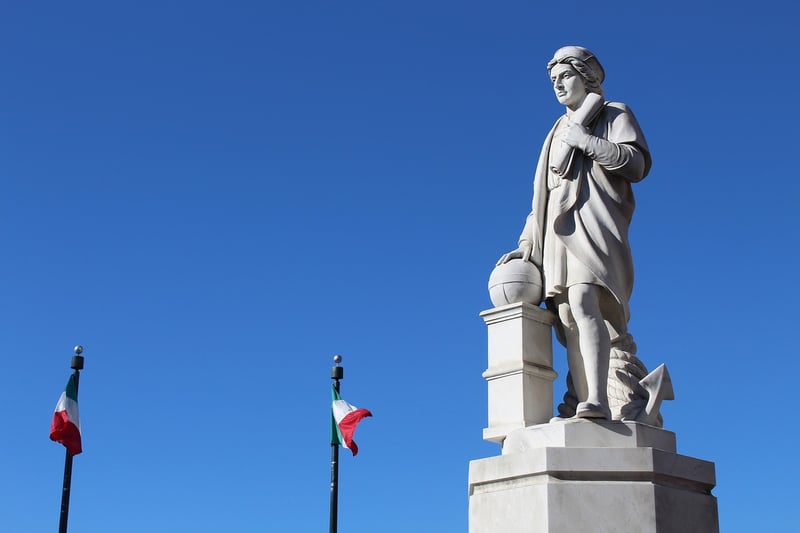
Modern Exploration
In modern times, advancements in technology have propelled exploration to new heights. From space exploration to deep-sea diving, humans continue to push the boundaries of what is possible, unraveling the mysteries of the universe.
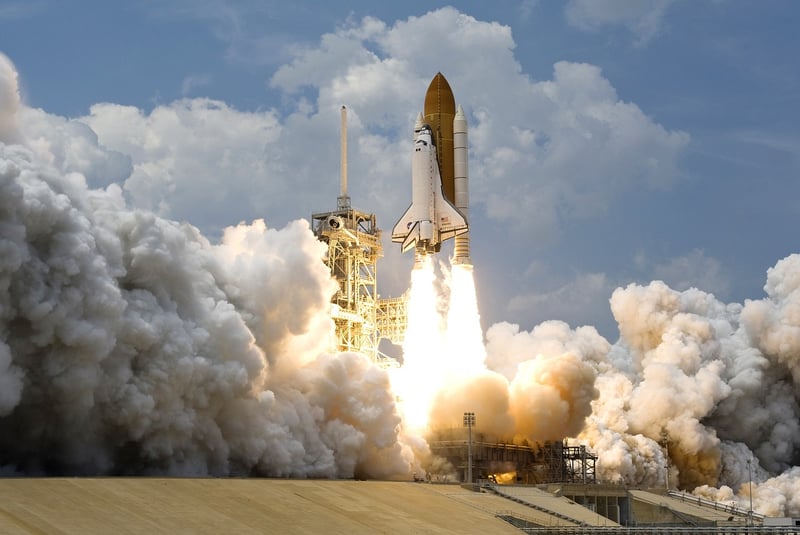
Future Exploration
The future of exploration holds endless possibilities. With plans for Mars colonization, deep space missions, and innovative technologies like AI and robotics, we stand on the brink of a new era of discovery that will redefine our understanding of the cosmos.
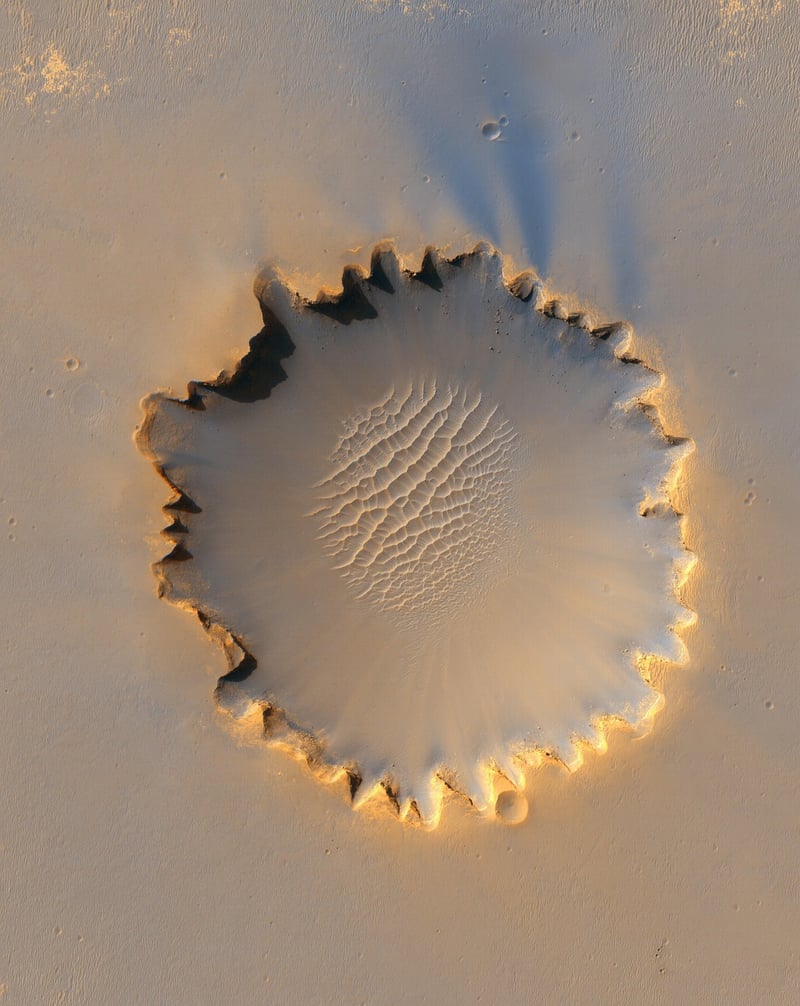
Conclusion
Exploring different eras and contemplating future exploration not only expands our knowledge but also fuels our imagination and sense of wonder. As we look back at the achievements of the past and gaze ahead to the possibilities of the future, the spirit of exploration continues to inspire us to reach for the stars.
